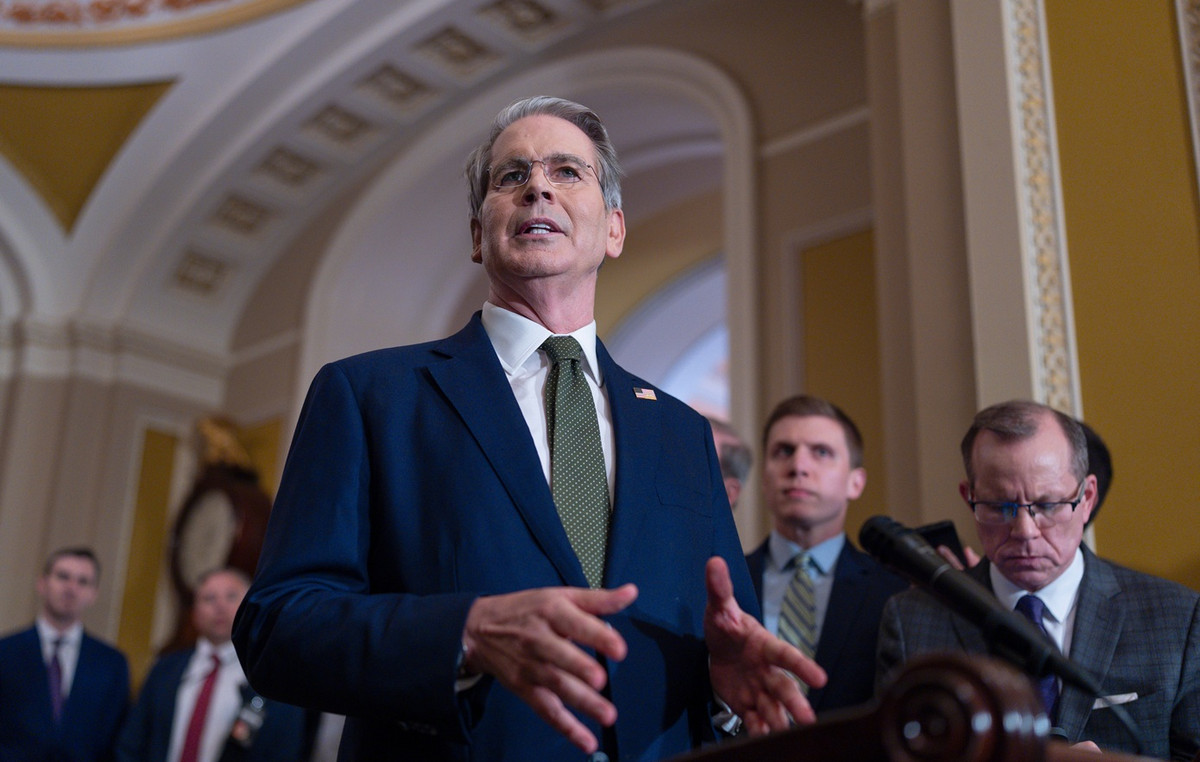EV startup Lucid Motors formally announced Monday its plan to go public via merging with Michael Klein-backed SPAC, Churchill Capital Corp IV. The two companies were said to be in discussions last month. The deal, which is the largest in a series of similar tie-ups between EV companies and SPACs, sent the shares of the SPAC plunging in early trading Tuesday.
Crashing After Massive Gains
Churchill’s shares have rocketed over 470% since it was first reported that the SPAC is in talks with Lucid Motors for a merger last month. The entities confirmed Monday night that the deliveries of Lucid’s first car, a luxury sedan called the Air, will now be delayed until the second half of this year. Previously, the deliveries were expected this spring. Shares of the SPAC tumbled as much as 46% to less than $31 per share.
Lucid Motors’ Hunt For Capital
The Newark, California-based Lucid Motors initially faced hurdles in raising capital until September 2018 when it received $1 billion from Saudi Arabia’s sovereign wealth fund. The equity value of the current transaction is $16.3 billion which would pay the existing shareholders $11.75 billion.
Valuation
The merger now values the automotive car company at a whopping $24 billion. This massive figure represents the combined entities’ “pro-forma equity value”, according to Bloomberg. Previous mergers of EV start-ups including Nikola, Fisker, and Lordstown Motors, with SPACs, were at valuations under $4 billion.
Investors
The deal includes $2.1 billion in cash from CCIV, a $2.5 billion capital infusion from a private place in public equity (PIPE) led by Saudi Arabia’s wealth fund, the Public Investment Fund (PIF), which owns 85% of the company after a $600 million infusion, at $15 per share, along with BlackRock, Fidelity Management, and more, making a total investment of $4.6 billion. The PIPE sold over 50% over CCIV’s net asset value which, according to Bloomberg, translates into a $24 billion pro-forma equity value.
Lucid Motors’ High Price
Since investors are looking to capitalize on the growing EV demand, the question emerges whether Lucid Motors is a good buy. Before the merger was announced, Lucid had a valuation of $92 billion based on 1.6 billion shares that will be outstanding post the merger’s closing in the second quarter of 2021.
Unfortunately, after shares crashed 40% in pre-market trading, Lucid’s value tumbled to $57 billion. The value is still relatively quite high as compared to other EV startups. Let’s look at some factors that could justify such a high price.
Growing Market
According to Lucid Motors’ investor presentation, the company expects revenue to grow at a 5% compound annual rate from $496 billion in 2018 to $742 billion in 2026. The company revealed that the government’s push for EVs along with high consumer demand led the EV market to grab 5% of new car sales in 2020. Targeting such a lucrative market, Lucid hopes it can attract an audience through its compelling value proposition which revolves around three elements:
- Well-Positioned Brand: Addressing wants and needs of “post luxury” generation of consumers through alignment with their values including well-being, refinement, experience, sustainability, and physical & emotional engagement.
- Attractive Product Features: The shiny pictures of Lucid’s first car, the Air, show the spacious, luxurious interior along with a compact, efficient exterior. Priced at $169,500, the Air comes with 1,080 horsepower. With its battery efficiency of over 4.5 miles per kilowatt-hour and 517 miles vehicle range, the car goes beyond the Tesla S which has them under 4.0 and 412 respectively. Billionaire Elon Musk lowered the price of Tesla’s Model S after Lucid released the price of its sedan.
- Manufacturing Expansion: According to Lucid, the manufacturing plant at Casa Grande, Arizona, can manufacture around 34,000 units per year and will expand up to 90,000 units per year in phase 2, reaching 365,000 units per year at full capacity. The merger will generate around $4.4 billion in cash for the expansion plan.
Financials
The company aims to start selling a huge number of vehicles from next year. It estimates to manufacture and sell 20,000 cars in 2022, 49,000 in 2023, and a massive 500,000 cars per year by 2030 which will include the Air, the Gravity SUV, and potential models, according to Bloomberg.
Revenue will jump from $97 million in 2021 to around $22.8 billion in 2026 representing a 198% compound annual growth rate. Free cash flow is expected to be negative through 2024 and the company will need $600 million in bridge financing until the deal closes.
Earnings before interest and taxes (EBIT) are estimated to be positive in 2025. EBIT is predicted to be negative around $1.5 billion as it gradually lowers and turns positive to $637 million in 2025 and reaches around $1.8 billion in 2026.
Leadership
Lucid Motors is currently led by CEO Peter Rawlinson, a former Tesla engineering executive and automotive veteran. Rawlinson joined Lucid Motors as chief technology officer in 2013 before taking up the responsibilities of being the CEO in April 2019.
Initially, the company focused on electric battery technology, under the name “Atieva”, after which it transitioned towards manufacturing electric vehicles, three years after Rawlinson joined the company. Lucid currently employs around 2,000 people which is expected to increase to 3,000 in the US by the end of 2022.
When the deal closes, the merged entity is expected to be listed on the New York Stock Exchange under the ticker symbol, “LCID”.
I am Sophia william, author of World Stock Market. I have a degree in journalism from the University of Missouri and I have worked as a reporter for several news websites. I have a passion for writing and informing people about the latest news and events happening in the world. I strive to be accurate and unbiased in my reporting, and I hope to provide readers with valuable information that they can use to make informed decisions.







